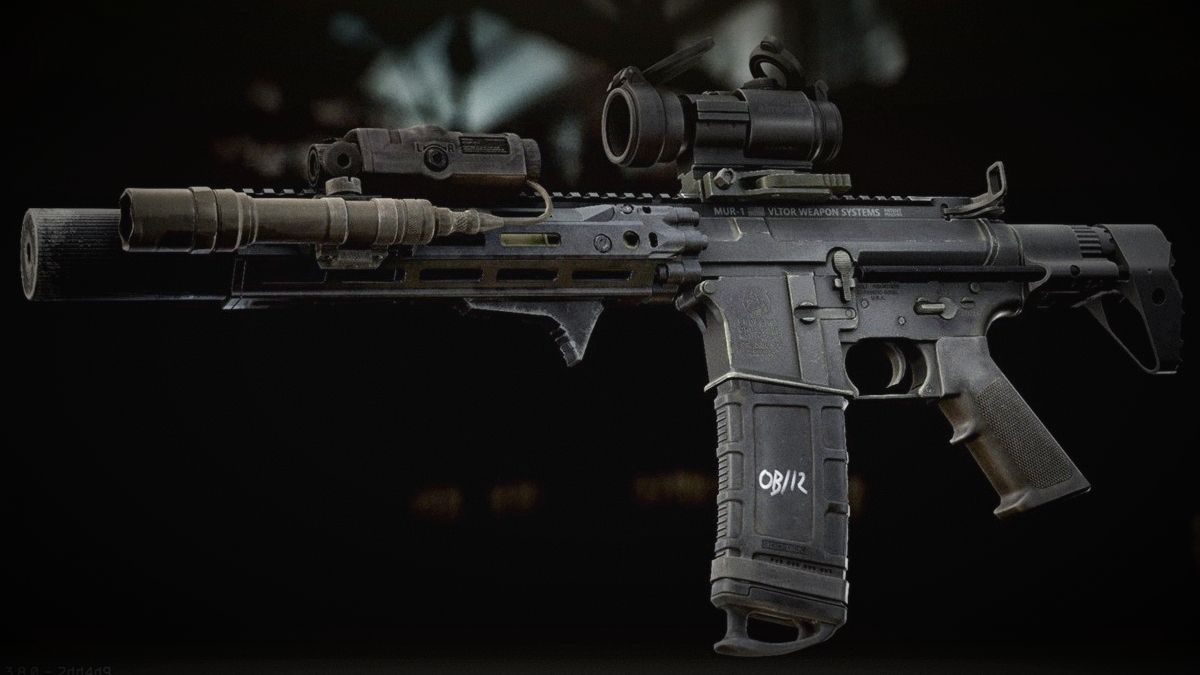[Editor’s Note: We’re not just a (rad) news site — we also publish opinions/editorials from our community & employees like this one, though be aware that it may not jive with the opinions of Destructoid as a whole, or how our moms raised us. Want to post your own article in response? Publish it now on our community blogs.]
Ever since the advent of laser discs in the early 1990’s, the gaming industry had a fantastic opportunity to create and incorporate uncompressed musical files into their games in order to give the player the sharpest sound experience. Encrypted motherboard sounds were now replaced by synthesized sounds or original tracks found in popular music. This space allowed them to experiment an infinity of possibilities when it came to a game’s soundtrack but also introduce the potential of creating a powerful platform to exploit society’s current musical tastes.
The origin of electronic music dates from the early days of the 20th century with machines capable of recording sound and sampling. For a very long time electronic music was at an endless experimental stage until the democratization of synthesizer technology in the late 60’s finally gave artists the opportunity to toy with that newly discovered artificial composition. By the end of the 1970’s, electronic music was introduced to the masses by artists such as Kraftwerk, Jean-Jacques Perrey and was used by many alternative rock bands.
Following the success of experimental groups, electronic music then broaden its horizons and formed several musical subdivisions currently aired today in many clubs and radio shows across the world. At this point electronic music than became Electronica, regrouping several genres such as House, Techno and Trance; All of which are subject to the sound exploration we’re about to discover in this article. We will also see how those modern genres are capable of influencing the experience and the atmosphere of some videogames.

I choose noise:
It’s a known fact that videogames are a powerful medium in communicating music genres with its audience and introducing several gamers to new musical sounds. Some games, however, are able to integrate these musical genres seamlessly without having a distinguishable cut between the game sound effects and its soundtrack.
Such games as Shatter, Chime and Rez are some of the best examples to date when it comes to that matter. These games are more or less based on rhythm, especially when it comes to Rez. Every enemy you defeat will create sounds that will accompany the background baseline and drum in order to create a song of your own. Depending on how good you do during the stages of the game the beat will change. Same with Chime with its clever puzzler mechanic which gives a note or a layer of sound each time a block or a box is created revealing more and more the complexity of some tracks the further the surface is covered.
Shatter on the other hand is more focused on keeping the player concentrated on the action and its sound effects acting as supplementary notes to the electronic soundtrack. By this way, the composer is now able to remove the boundary between the soundtrack and the sounds and is able to create an interactive sound experience without requiring the player undivided attention like some other games do. The retro bleeps and sounds add to the original score and provide a sense of nostalgia and intensity that music or movies cannot deliver.
Futuristic yet contemporary:
As we’ve seen with the previous examples, electronic music is able to provide the players with an incredible experience and at the same time, makes it so that the player is unaware that he is ultimately creating sound during game play. Electronica however, is able to do more than what technical electronic music is capable of. Not only is it able to share music genres with its interested players, but it’s also there to create an atmosphere of futurism and contemporary cultural representations of modern culture.
Heavy Rain is boasted with an incredible House score that is strangely enough absent from its original soundtrack. These songs have been created originality for the game and are present in the Blue Lagoon club scene. Both Mass Effect and its sequel are also vilely inducted with Trance and Techno music in the strip-clubs of the many star-bases in the Milky Way. The Grand Theft Auto series, especially the third one, has an incredible Trance soundtrack with the Rise FM radio channel.
So what does this have to say about Electronica in general? Well the main purpose of these soundtracks is primarily used to bring an atmosphere of modernism. An exposition of sound that reflects the current state of art in our modern societies and that will ultimately, following the steps of Mass Effect, will be the future sound of humanity in a not so distant future. A universal way of communication throughout the races of the galaxy and that every sentient beings can understand. Heavy Rain is actually a tad bit more current to the feel it’s trying to impose, especially because the game is European developed. A continent bounded to synthesized sounds of which its club culture is surrounded by the modern ramifications of electronic dance music.
Same could be said of the Grand Theft Auto series being mainly developed in Scotland, with a more British approach on the whole electronic scene. In fact, England is a power house of experimental electronic music; an insular country capable of producing some of the finest artificial sounds on the planet that is greatly reflected in its country breaded videogames.
Electronica is first and foremost a culture that revolves around excess, liberation of the mind and sophisticated beats that melt the dance-floors. As we’ve seen during this article, electronic music and videogames are perfect together in order to create fantastic sound experiences for the players or even set a distinctive mood to its game and tries desperately to share to the North American continent the joys of synthesized sound and music.
Electronic dance music might be one of the greatest musical genres capable of living pair-to-pair with videogames without ever being considered dull or outmoded. A display of modernism and cultural relevance will define a sound of computer sounds and the human fascination to anything that is artificial.




